Raila Pledges Support for Ruto Until 2027
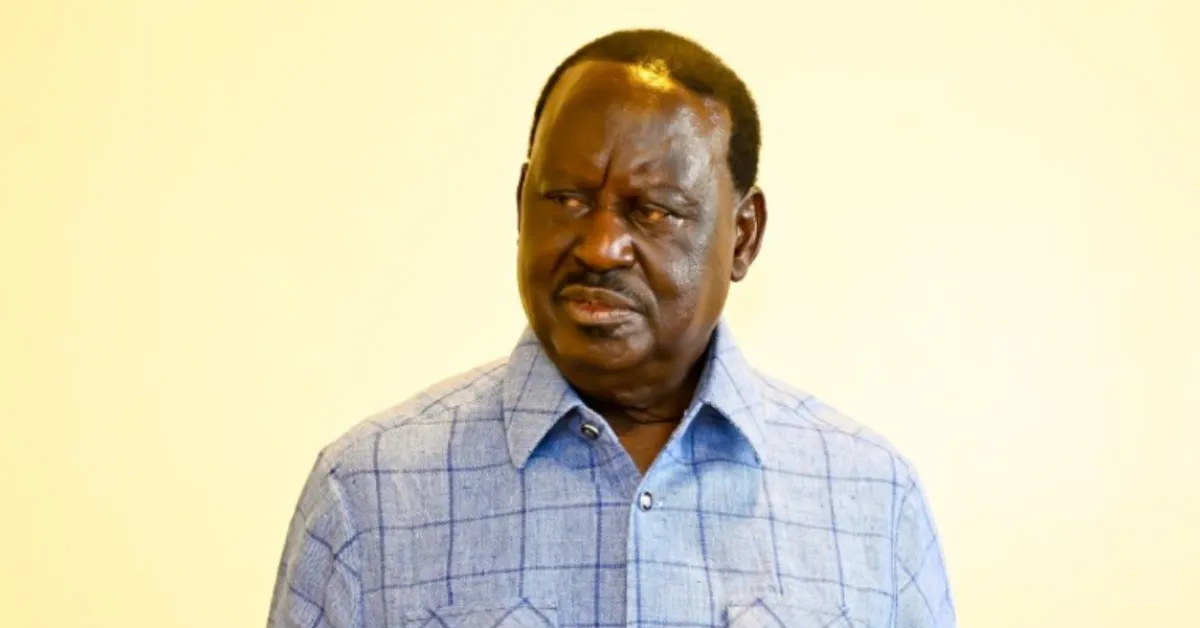
In a comprehensive interview, Orange Democratic Movement (ODM) leader Raila Odinga has ignited a renewed debate over Kenya’s political landscape, advocating for radical electoral reforms and clarifying his party’s position within the current government structure.
Speaking from his Nairobi residence, Raila affirmed ODM’s commitment to the existing political arrangement with President William Ruto, while emphasising that future alliances beyond the 2027 General Election remain open for consideration.
Raila's statements arrive amidst intensified scrutiny of the ODM-UDA cooperation agreement, formalised earlier this year through a 10-point Memorandum of Understanding.
The accord encompasses commitments to enact the National Dialogue Committee (Nadco) report, tackle youth unemployment, and protect constitutional rights. It arose from a period of national instability marked by youth-led demonstrations and accusations of police brutality. The ODM leader’s proposals include abolishing the voter register and permitting Kenyans to vote using only their national identification cards. He also called for digitising the electoral process and staggering elections to minimise costs and logistical complications. Odinga underscored the severity of the national crisis that prompted ODM's cooperation with the Ruto administration.
"The country was on the brink," Odinga said, referencing the 2023 demonstrations and the Gen Z uprising in June 2024. "We were in the streets raising very concrete issues about electoral justice, cost of living and corruption. The government responded with brutality and we lost about 70 people.”
He added that attempts to hold memorials for the victims were blocked by the judiciary, forcing ODM to commemorate them quietly. The Gen Z protests, marked by confrontations with state institutions, necessitated international mediation efforts spearheaded by Tanzanian President Samia Suluhu and Nigeria’s former President Olusegun Obasanjo. These efforts resulted in the Nadco report, a document Raila believes could have averted the crisis if implemented sooner.
“The youth went further than we did. They stormed Parliament, the Judiciary and were heading to State House before being stopped,” he noted.
Raila revealed that former President Uhuru Kenyatta, observing the unrest from abroad, urged him to initiate dialogue with Ruto. “Although I had ruled out engaging Dr Ruto, the crisis forced my hand,” Raila said. “We then agreed to hold broader consultations.” These discussions led to the inclusion of ODM-affiliated experts in government roles, although Raila clarified that the party has not formally joined the administration. “That would require structured negotiations based on a clear agenda—which became our 10-point agreement.”
The ODM leader stressed that the party’s involvement is conditional and subject to ongoing evaluation. “There is a red line. If it is crossed, we will make a decision. Some things have been done, others have not and we will evaluate and decide as a party,” he said. An internal task force has been established to monitor the implementation of the agreement, which Raila described as a continuation of Nadco’s recommendations.
Raila's most notable proposal is the call for radical electoral reform. He questioned the high costs associated with Kenyan elections, suggesting the system is inflated to facilitate corruption. “Why are Kenyan elections among the most expensive in the world?” he asked. “It’s not rocket science. The system is bloated to enable looting.”
Raila criticised the Independent Electoral and Boundaries Commission (IEBC) for what he described as a procurement-heavy model that turns voter registration into a cash cow. He argued that requiring separate voter cards disenfranchises many citizens, particularly in marginalised regions.
“There are areas where people don’t have voter cards and this skews the register,” he said. Raila also advocated for digitising the electoral process and staggering elections to reduce costs and logistical complexity. “The way we conduct elections creates confusion and drives up costs. It’s time for a radical rethink.”
Raila's proposals reflect a broader concern about the integrity and accessibility of Kenya’s democratic institutions. He urged the newly constituted IEBC to restore public confidence by demonstrating professionalism and impartiality. “This electoral commission has a responsibility to create confidence among the voters,” he said. “Kenyans are sceptical because of past experiences.”
Addressing the issue of police brutality, Raila reiterated his condemnation of President Ruto’s directive to "shoot the legs" of protesters, calling it lawless and unacceptable. “Police should arrest, not kill,” he said. He announced that a task force has been formed to oversee compensation for victims, funded through a contingency allocation in the national budget. “Compensation is going to happen soon and we have a task force handling it.”
Despite his active role in shaping the current political landscape, Raila remained noncommittal about his own presidential ambitions. His immediate focus, he explained, is on strengthening ODM ahead of the party’s National Delegates Convention in October, where its political course will be determined. When asked whether he would support Wiper leader Kalonzo Musyoka, who backed him in three consecutive elections, Raila responded diplomatically.
“Steve and I are friends. I respect him. But he has not asked for my support. When the time comes, we will evaluate who is best to carry the flag. The party—not me alone—will decide.”

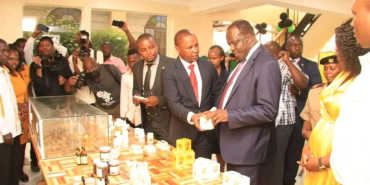
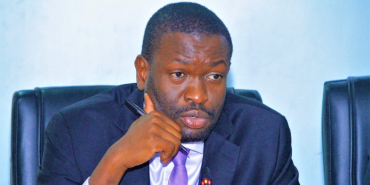
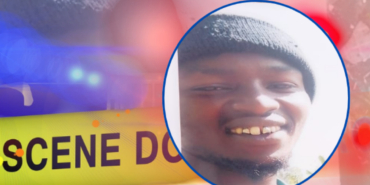
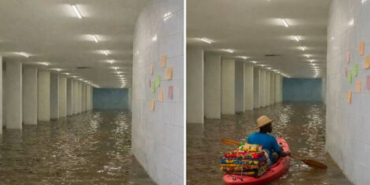
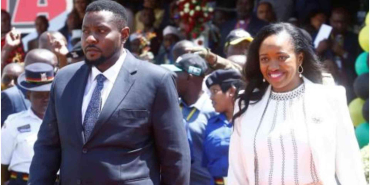
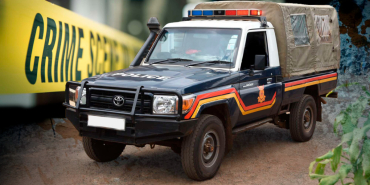
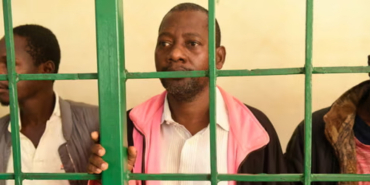
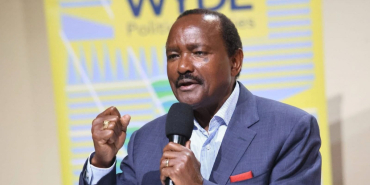
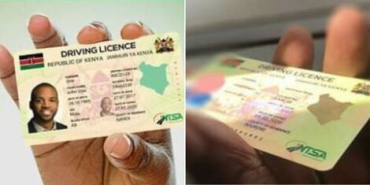

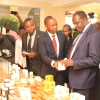
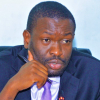
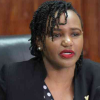
Add new comment